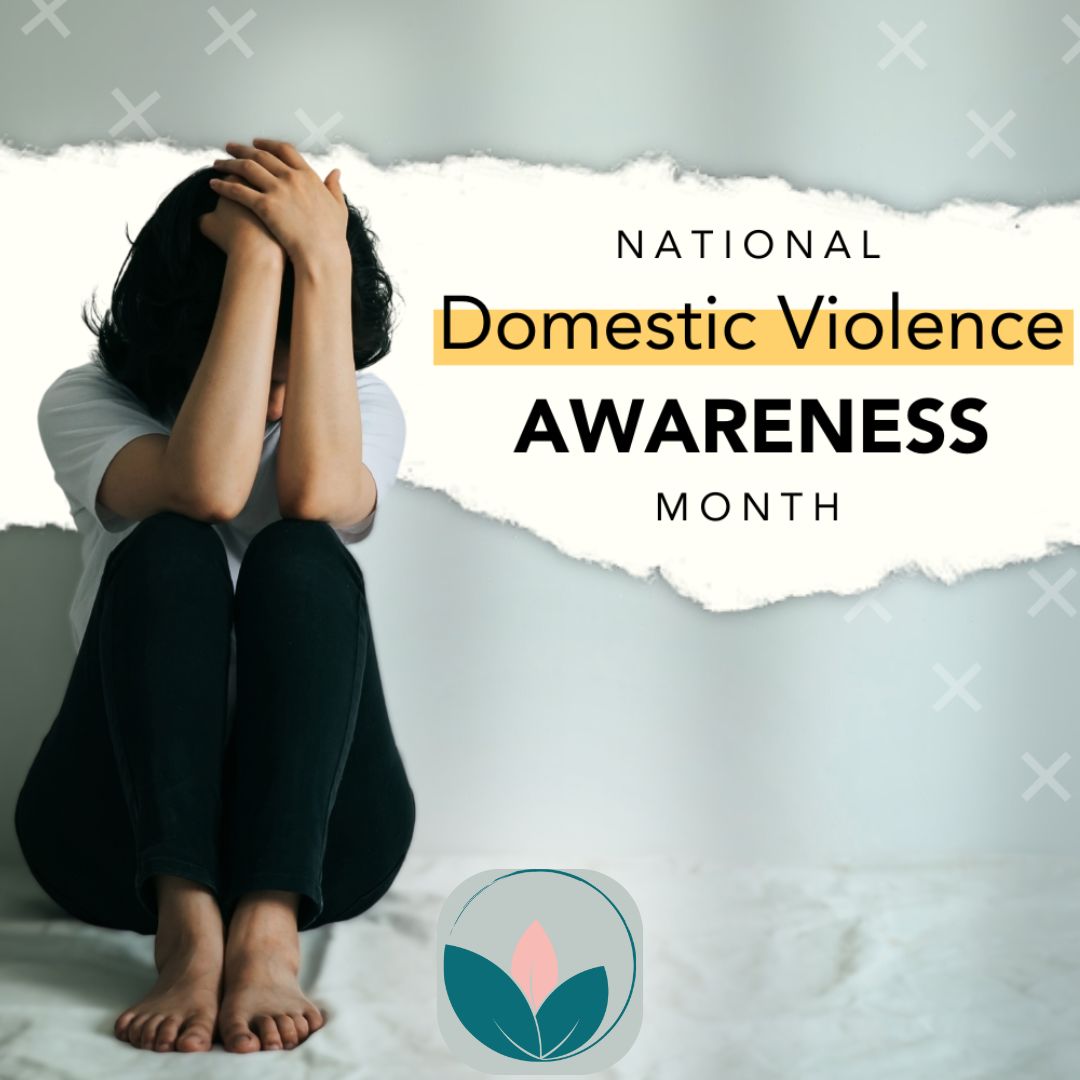What Are the Legal Restrictions on Abortion in My State?
Abortion in California is legal up to fetal viability. “Viable” means a fetus can continue growing or developing. Once a fetus reaches the 23rd or 24th week, it is often possible to continue developing outside the uterus. California does not provide abortions past this point. If you are considering abortion for your unplanned pregnancy, be
Go!














